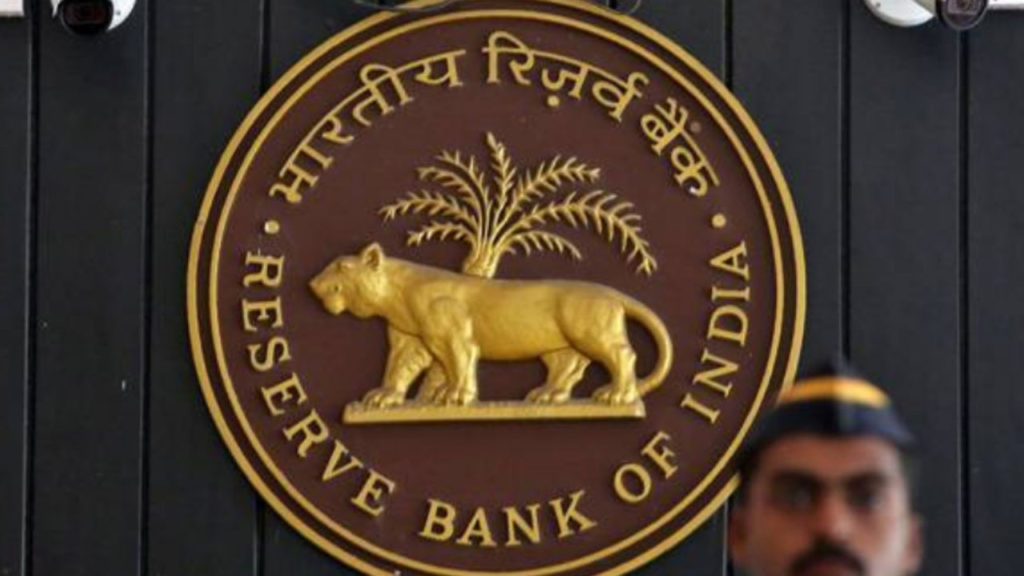
Have you been interacting with digital lending platforms (like apps) for the purpose of taking up a loan? Have you noticed to find their methodologies not very trivial and in lines with professionalism?
If so, you are in luck. If not, you are definitely in for a very important piece of information that everyone dealing in the digital world should have knowledge of.
The Reserve Bank of India (RBI) has released a list of rules and measures that digital lending platforms and the banks or NBFCs that back them up, will have to comply to.
Set of Rules for Lending Platforms and Financial Institutions
RBI has decided to bring in the much needed transparency in the ‘digital lending platforms’ sector.
It has now released a set of guidelines which must be followed by digital lending platforms as well as the banks and NBFCs (non-banking financial companies) engaged with them.
As per the guidelines, both the parties (lending platforms and financial institutions) will now have to disclose all the information about the corresponding parties to the borrower taking a loan.
As for banks and NBFCs, they will have to provide the complete list of digital lending platforms they are engaged with.
Similarly, such lending platforms and apps, will have to provide the names of all the lenders they are partnered with.
Not just this, both the parties will have to send a sanctioned letter before the execution of the loan agreement on the letterhead of the partner bank or NBFC.
Once the loan is sanctioned, the similar needful will be needed to be sent to the borrower as well, to maintain complete transparency.
Need for the Guidelines
RBI has been flooded with complaints related to the practices adopted by some of the digital lending platforms.
These complaints are regarding exorbitant interest rates, non-transparent methods to calculate interest, harsh recovery measures, unauthorized use of personal data and bad behavior posed by such platforms.
Such digital lending apps are burgeoning and they are providing instant personal loans to borrowers, without all the necessary steps, that too at high costs.
In cases of borrower default, these apps then resort to unfair recovery tactics.
Since such app-based lenders ask for full access to the user’s contact list, there have been instances where the defaulting borrower has been blackmailed by recovery agents threatening to use private information.
There are many such apps, which do not even have a legit website, email address or a contact helpline number, for grievance redressal.
RBI has also clearly mentioned that in cases of any lapses by the digital platform, the lender will be held accountable too.

Comments are closed, but trackbacks and pingbacks are open.